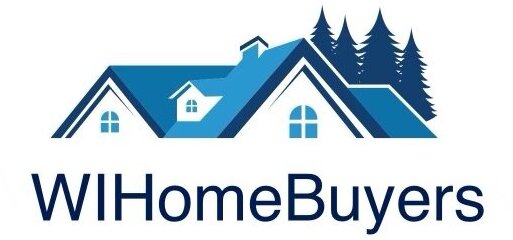When it comes to real estate investing, one of the biggest questions investors face is what type of property to invest in. While there are many asset classes in real estate, residential investments typically fall into three main categories: single-family homes, duplexes (or small multifamily), and apartment buildings (typically 5+ units). Each has unique benefits and drawbacks, and the “best” option depends on your goals, experience level, market conditions, and risk tolerance.
Let’s break down the pros and cons of each to help you determine which type of investment may be right for you.
Single-Family Homes: Simplicity and Flexibility
Pros:
- Lower Cost of Entry – Single-family homes are generally less expensive to acquire than multifamily or apartment buildings. This makes them an accessible option for new investors.
- Easier to Finance – Traditional lenders are more familiar and comfortable with single-family homes, and mortgage options (like FHA or conventional loans) are widely available.
- Higher Resale Demand – If the market shifts, single-family homes are easier to resell to both investors and owner-occupants.
- Tenant Expectations – Tenants in single-family homes often stay longer and treat the property more like their own, resulting in lower turnover and maintenance.
Cons:
- One Tenant, One Income – If the property sits vacant, there is no rental income to offset expenses.
- Less Scalability – Managing multiple single-family homes across different locations can be logistically challenging.
- Less Cash Flow – Relative to purchase price, single-family homes often generate lower monthly cash flow compared to multifamily properties.
Best for: New investors, long-term buy-and-hold strategies, and those looking for low-maintenance passive income.
Duplexes and Small Multifamily: A Balanced Approach
Pros:
- Multiple Streams of Income – Even if one unit is vacant, the other(s) may still generate income, helping offset carrying costs.
- Owner-Occupant Financing Options – You can live in one unit and rent out the other, qualifying for lower-interest owner-occupant loans while building equity through rental income.
- Tax Advantages – Repairs, maintenance, and depreciation can be written off across more than one income-generating unit.
- Easier to Manage Than Large Complexes – You can still self-manage without a professional property manager if desired.
Cons:
- Higher Upfront Costs – Compared to single-family homes, duplexes are usually more expensive.
- Shared Walls, Shared Problems – Tenant disputes or maintenance issues (like plumbing or noise complaints) can be more frequent due to shared living spaces.
- Smaller Buyer Pool – Duplexes and triplexes typically appeal only to investors, limiting the resale market.
Best for: Intermediate investors looking to scale income while maintaining hands-on management.
Apartment Buildings (5+ Units): High Reward, High Responsibility
Pros:
- Economies of Scale – Managing 10 units under one roof is more efficient than 10 single-family homes. Maintenance, utilities, and operations become centralized.
- Greater Cash Flow Potential – Apartments often deliver significantly stronger monthly income relative to purchase price.
- Commercial Valuation Methods – Unlike single-family or duplexes (which are valued based on comps), apartments are valued by their income, giving investors more control over increasing property value.
- Professional Management – Investors often hire property managers, allowing them to focus on strategy and growth rather than day-to-day issues.
Cons:
- Complex Financing – Lenders require larger down payments (typically 20–30%) and will scrutinize your experience and the property’s income history.
- More Management Complexity – Higher tenant density means higher turnover, more maintenance, and greater regulatory oversight.
- Higher Risk During Vacancies – If the property is not properly managed or located in a weak rental market, vacancies can stack up quickly.
Best for: Experienced investors with access to capital who are focused on building long-term wealth and managing real estate like a business.
Which One Is Right for You?
Ultimately, the “best” investment depends on your goals:
- If you want simplicity, steady appreciation, and long-term tenants: Single-family homes are a great starting point.
- If you want to balance cash flow and risk, and potentially live in one unit: Duplexes or small multifamily properties can provide stable income and manageable operations.
- If you’re ready to scale and treat real estate like a full-time business: Apartment buildings offer the highest cash flow and long-term wealth-building potential.
Many investors find success by starting with a single-family home or duplex, learning the ropes, and eventually scaling into apartment complexes as their knowledge, confidence, and capital grow.
Final Thoughts
There’s no one-size-fits-all answer in real estate investing. What matters most is buying in a strong market, understanding your numbers, and matching your investment type with your resources and goals. Whether it’s a modest single-family home or a 20-unit apartment complex, real estate can be a powerful vehicle for building wealth—when approached with strategy and care.
Looking to sell your home? Contact WI Home Buyers today at 920-360-1252 and let’s chat!
